
Brazil’s economic growth got a big boost this summer as Rio de Janeiro just recently hosted the 2016 Olympic Games, but a globalized economy often comes with a social and cultural cost as well.
According to residents of Rio living in areas of the city that were once quilombos—villages originally settled by escaped African slaves—we should be paying more attention to these places for their historical and cultural value, and to honor the ancestral inhabitants. The people of the Camorim are fighting back as they try to prevent further destruction of this heritage through careless urban development.
Quilombos are villages originally settled centuries ago by runaway slaves and today Rio has 20 of them, with about 20 direct descendants of slaves living in Camorim Quilombo.Capoeira is one big way that Camorim celebrates and continues its cultural roots.People in Camorim believe the site under the village contains archaeological remains of their ancestors, which Rio developers cleared away and built over without consulting the Camorim community.
”They did not hold a public hearing about the decision to develop and pull down old trees and part of our territory that is recognised as belonging to the Quilombo,” said Adilson Almeida on Saturday, the leader of Camorim Quilombo and a seventh generation descendant of slaves.
“We want to rescue Brazilian culture and keep alive the memory of our history in a positive way. People focus on slavery but our focus is on the cultural and positive side of the people,” said Almeida.Read the full story, Rio’s slave history forgotten amid Olympic media glitz.Though the community hasn’t gotten the land back yet, they’re still keeping their heritage alive through traditional music, dance and martial art of Capoeira, which slaves brought into Brazil in the 16th century.
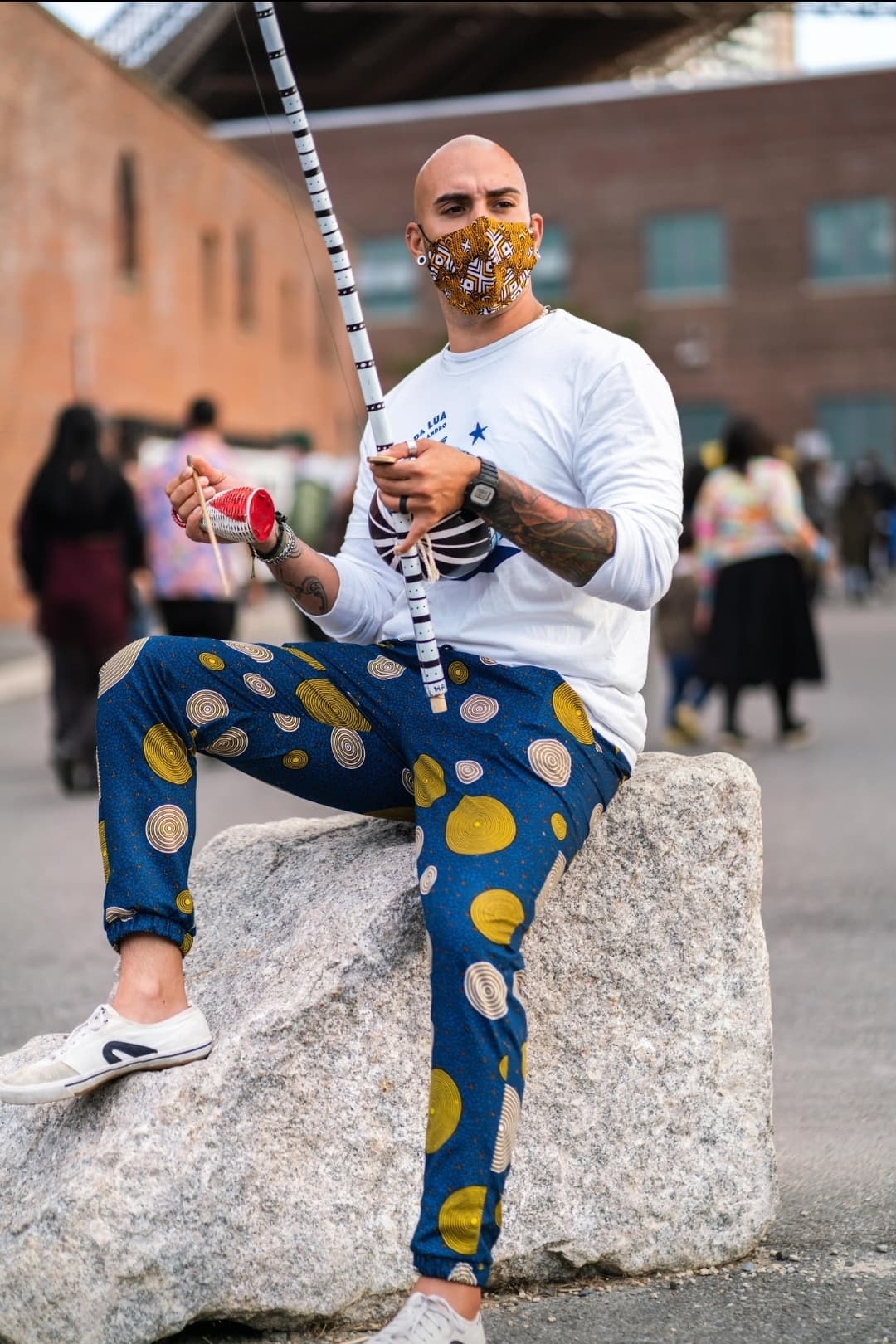
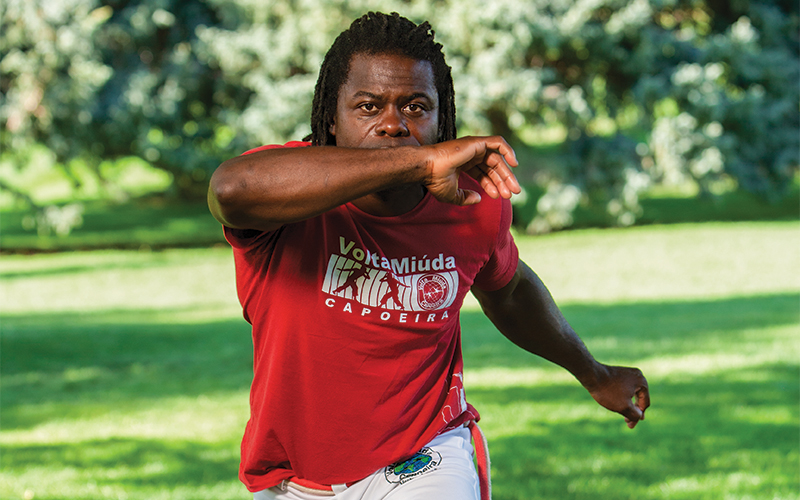
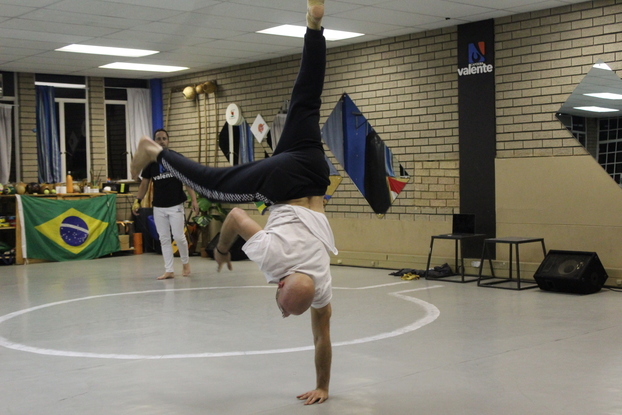
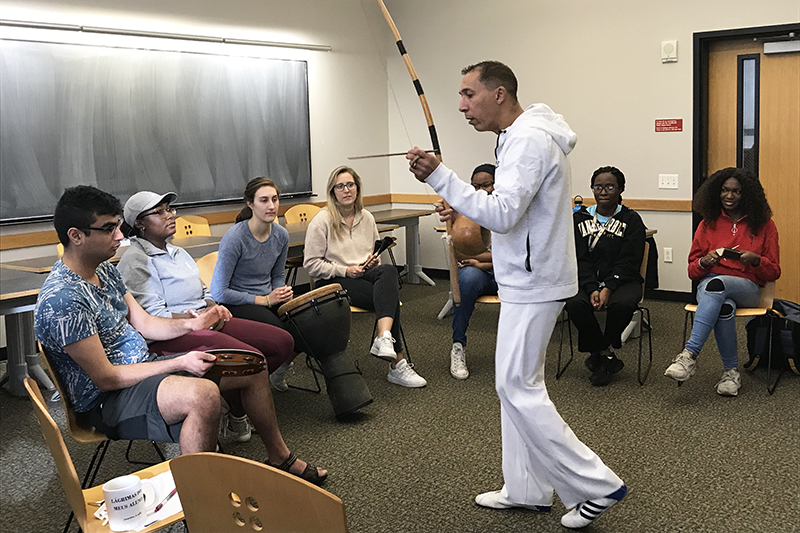
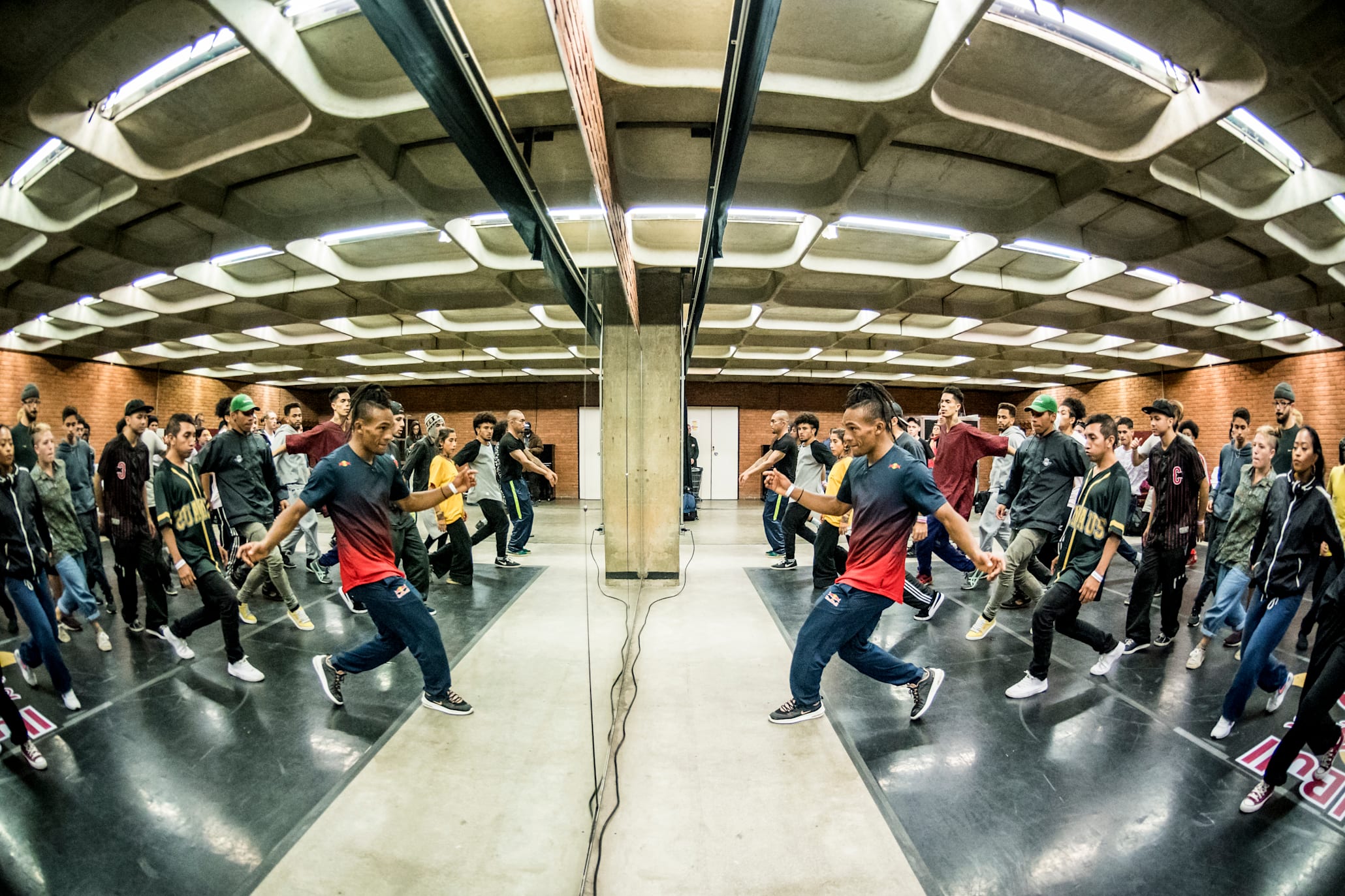

Share this post
Twitter
Google+
Facebook
Reddit
LinkedIn
StumbleUpon
Pinterest
Email